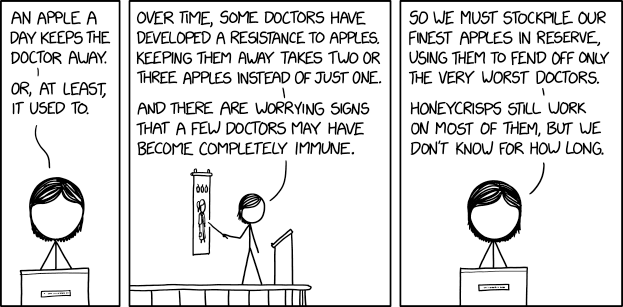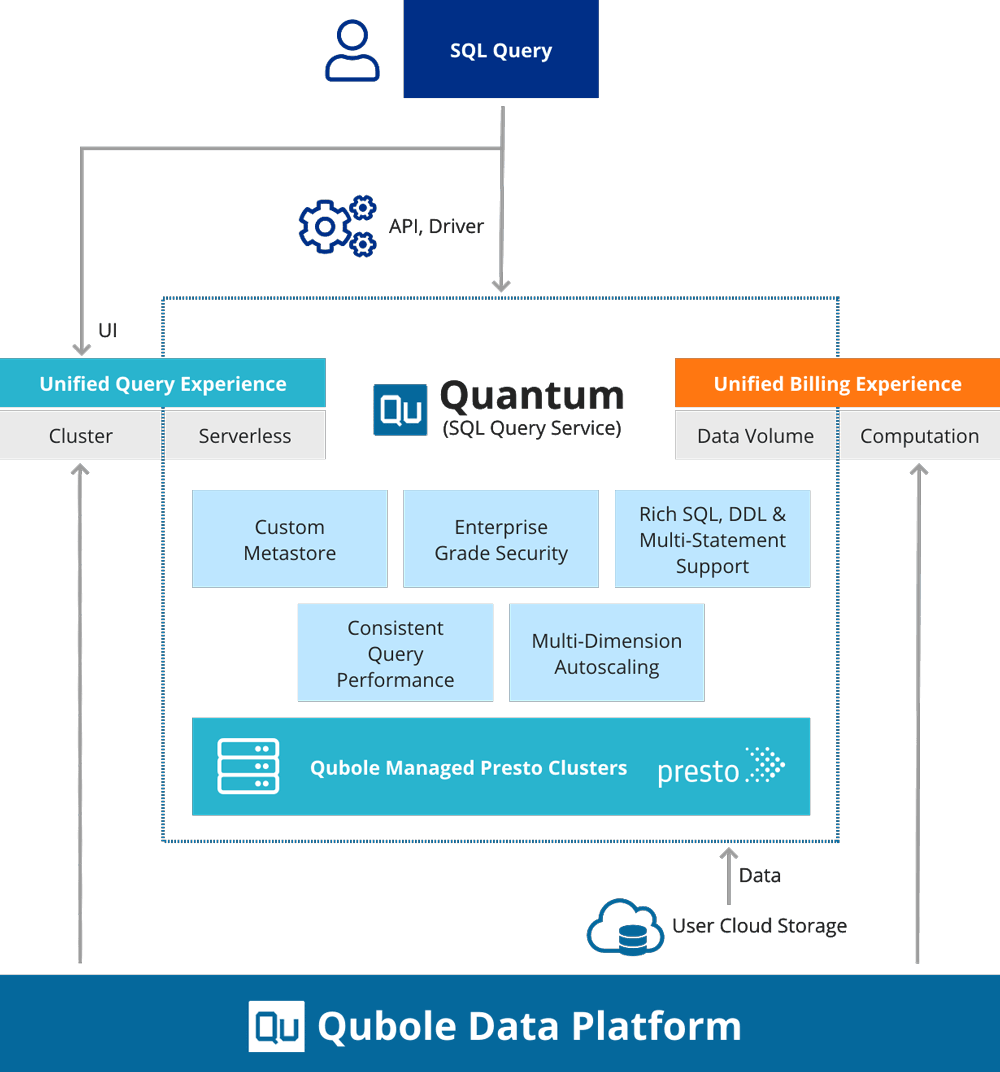On the heels of Google buying analytics startup Looker last week for $2.6 billion, Salesforce today announced a huge piece of news in a bid to step up its own work in data visualization and (more generally) tools to help enterprises make sense of the sea of data that they use and amass: Salesforce is buying Tableau for $15.7 billion in an all-stock deal.
The latter is publicly traded and this deal will involve shares of Tableau Class A and Class B common stock getting exchanged for 1.103 shares of Salesforce common stock, the company said, and so the $15.7 billion figure is the enterprise value of the transaction, based on the average price of Salesforce’s shares as of June 7, 2019.
This is a huge jump on Tableau’s last market cap: it was valued at $10.79 billion at close of trading Friday, according to figures on Google Finance. (Also: trading has halted on its stock in light of this news.)
The two boards have already approved the deal, Salesforce notes. The two companies’ management teams will be hosting a conference call at 8am Eastern and I’ll listen in to that as well to get more details.
This is a huge deal for Salesforce as it continues to diversify beyond CRM software and into deeper layers of analytics.
The company reportedly worked hard to — but ultimately missed out on — buying LinkedIn (which Microsoft picked up instead), and while there isn’t a whole lot in common between LinkedIn and Tableau, this deal is also about extending engagement with the customers that Salesforce already has.
This also looks like a move designed to help bulk up against Google’s move to buy Looker, announced last week, although I’d argue that analytics is a big enough area that all major tech companies that are courting enterprises are getting their ducks in a row in terms of squaring up to stronger strategies (and products) in this area. It’s unclear whether (and if) the two deals were made in response to each other.
“We are bringing together the world’s #1 CRM with the #1 analytics platform. Tableau helps people see and understand data, and Salesforce helps people engage and understand customers. It’s truly the best of both worlds for our customers–bringing together two critical platforms that every customer needs to understand their world,” said Marc Benioff, Chairman and co-CEO, Salesforce, in a statement. “I’m thrilled to welcome Adam and his team to Salesforce.”
Tableau has about 86,000 business customers including Charles Schwab, Verizon (which owns TC), Schneider Electric, Southwest and Netflix. Salesforce said it will operate independently and under its own brand post-acquisition. It will also remain headquartered in Seattle, WA, headed by CEO Adam Selipsky along with others on the current leadership team.
That’s not to say, though, that the two will not be working together: on the contrary, Salesforce is already talking up the possibilities of expanding what the company is already doing with its Einstein platform (launched back in 2016, Einstein is the home of all of Salesforce’s AI-based initiatives); and with “Customer 360”, which is the company’s product and take on omnichannel sales and marketing. The latter is an obvious and complementary product home, given that one huge aspect of Tableau’s service is to provide “big picture” insights.
“Joining forces with Salesforce will enhance our ability to help people everywhere see and understand data,” said Selipsky. “As part of the world’s #1 CRM company, Tableau’s intuitive and powerful analytics will enable millions more people to discover actionable insights across their entire organizations. I’m delighted that our companies share very similar cultures and a relentless focus on customer success. I look forward to working together in support of our customers and communities.”
“Salesforce’s incredible success has always been based on anticipating the needs of our customers and providing them the solutions they need to grow their businesses,” said Keith Block, co-CEO, Salesforce. “Data is the foundation of every digital transformation, and the addition of Tableau will accelerate our ability to deliver customer success by enabling a truly unified and powerful view across all of a customer’s data.”
More to come as we learn it. Refresh for updates.
 Read Full Article
Read Full Article


